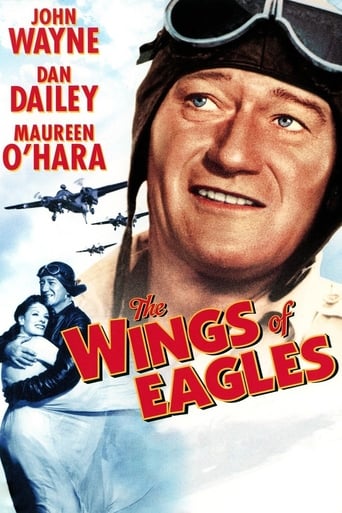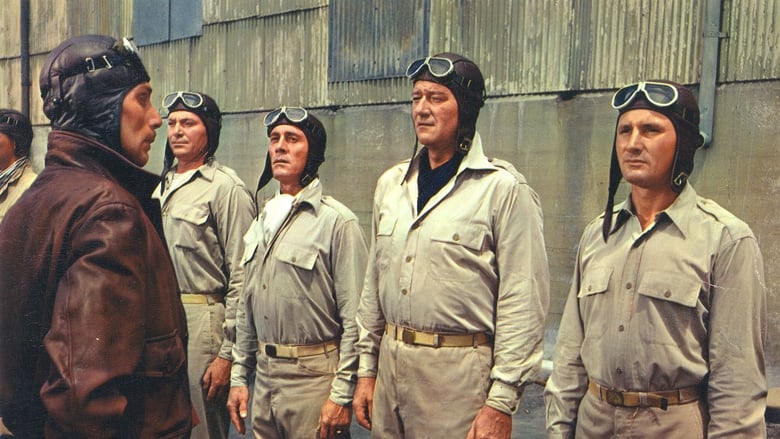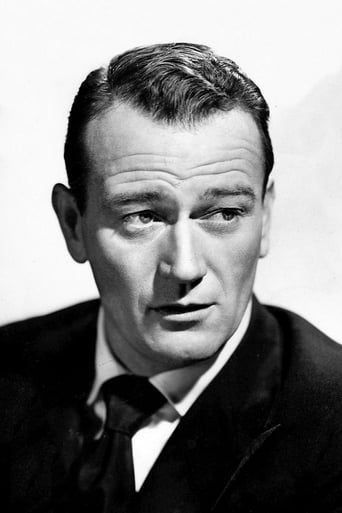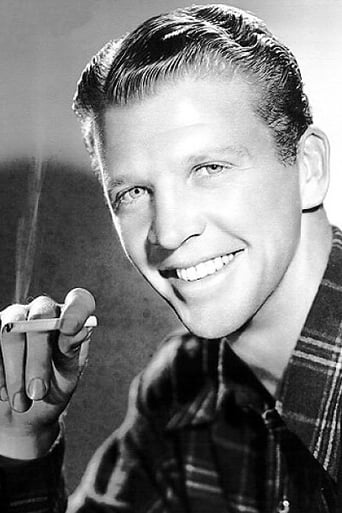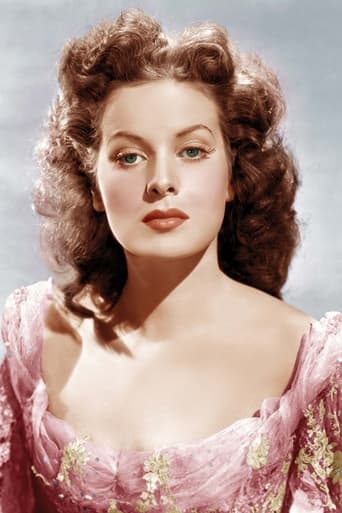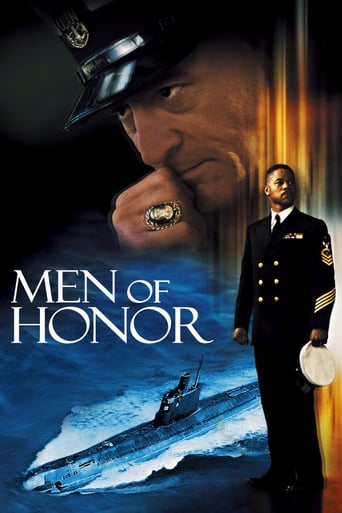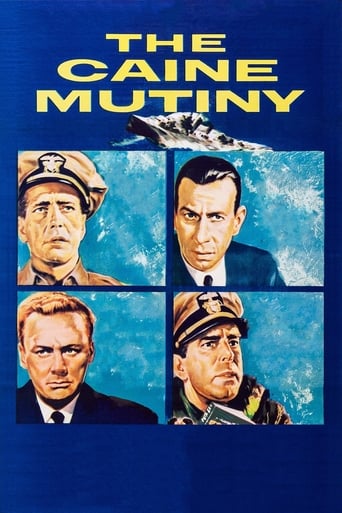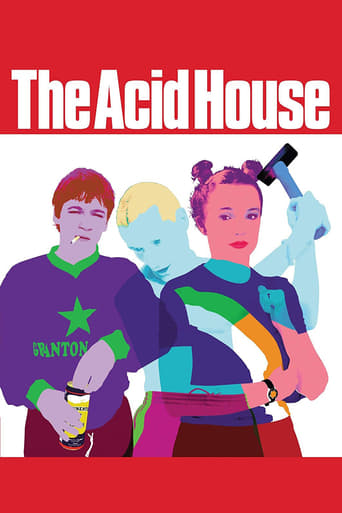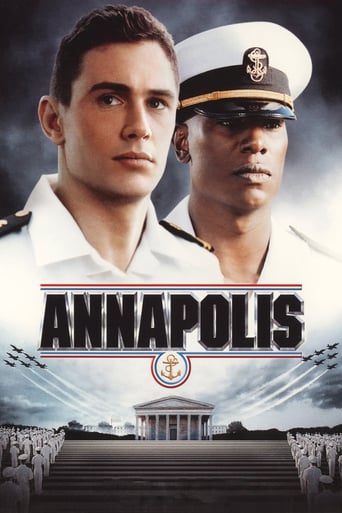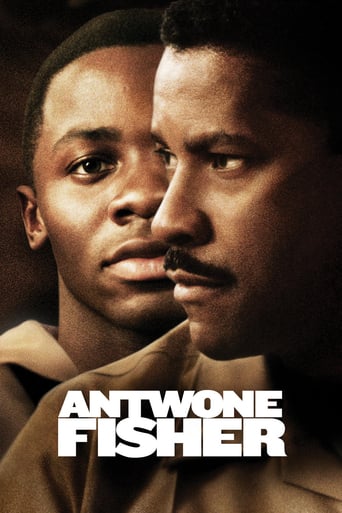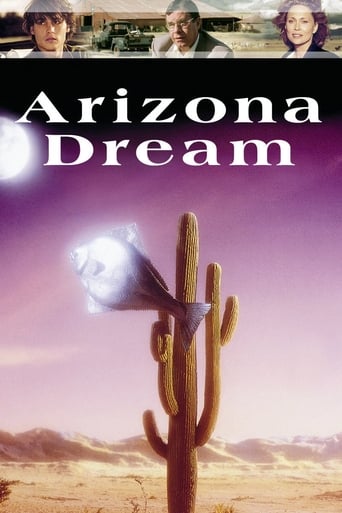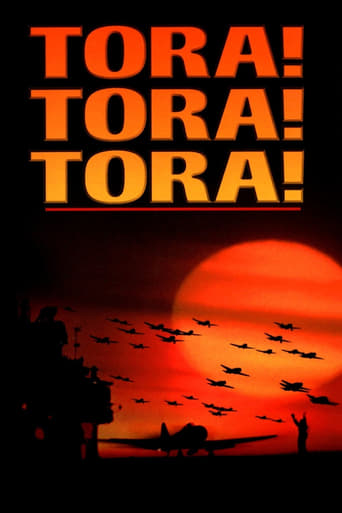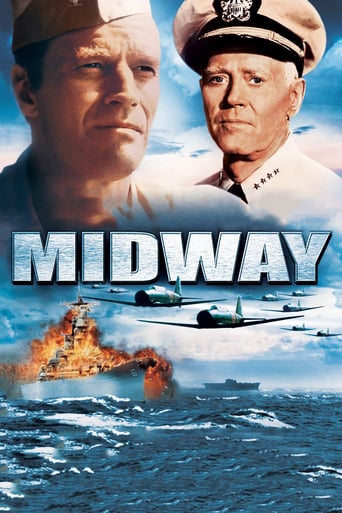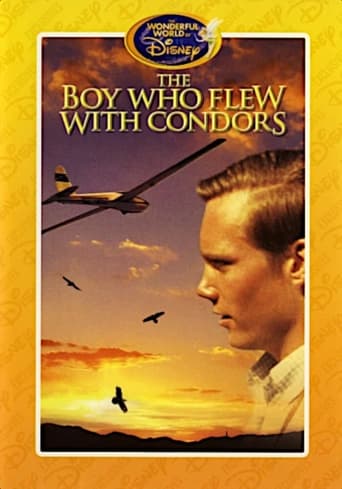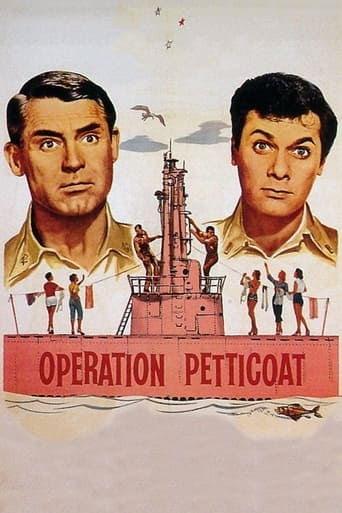The Wings of Eagles (1957)
The story of Frank W. "Spig" Wead - a Navy-flyer turned screenwriter.
Watch Trailer
Cast


Similar titles
Reviews
John Ford's willingness to play it up big in his movies was normally one of the director's great strengths. But sometimes it got away from him. A good example is this tribute to his friend "Spig" Wead.Wead (John Wayne) is a U. S. Navy officer chafing to get up in the air. The way he sees it, "How else are we gonna get aviation?" To that end, he takes on the Army, Navy superiors, and even his wife, Min (Maureen O'Hara). His commitment to air power is such that it cancels out everything else, until a sudden accident forces a change of focus."Spig Wead," Min fumes at one point. "Never listen to anybody else. Just do exactly what you wanna do all the time.""The Wings Of Eagles" is one of Ford's stranger movies. Sudden shifts in tone predominate. The film starts out a light-hearted service romp with pratfalls and car chases. Then sudden tragedy occurs. More light-hearted antics follow. Then Ford drops the big boom on Spig. The next half-hour centers on a long, painful convalescence.Ford did mood shifts in his films all the time, of course. Normally, the gears didn't grind so loudly as they do here."Wings Of Eagles" is perhaps best known for Ford's insertion of an autobiographical element, a director named "John Dodge" who enlists Wead as a screenwriter, which Ford actually did after Wead's Navy career came to a sharp end. An argument can be made that Ford is actually presenting us with a double self-portrait: Wead comes off here as difficult, selfish, alcoholic, career-obsessed, and unable to hold onto relationships, all flaws Ford's biographers say the director had in spades. No wonder Ford can't decide whether to play it as comedy or tragedy.Wayne is flat-out brilliant here. Just a year after making "The Searchers" with Ford, the actor was in his peak thespian form and plays the valleys of Wead's life with candid abandon, even shedding his hairpiece this one time on screen. For 15 minutes, he's required to carry major scenes with his face buried in a pillow, and pulls it off. I never got tired of watching him.The same can't be said of the rest of this movie. The mawk runs thick with this one, with O'Hara doing a lot of crying into the camera while Spig flies around the world to prove something or other. Much of the rest of the time is spent on merry fisticuffs with rival Army aviators, or eye-rolling reaction shots from cigar- chewing Dan Dailey as Spig's enlisted buddy Jughead.Spig's virtual abandonment of his family is one of the movie's constant themes. When Min tells one of her daughters about Spig's latest aviation record, the girl replies: "Would it be a record if Daddy came home?"O'Hara has some good scenes, too, and so does Dailey, the latter especially as a prod to Spig's eventual rehabilitation. Both worked well with Ford and knew how to make use of the director's loose reins.Yet Ford for some reason holds off on the happy endings. Normally, this might be a strength, but here it comes off as a bit wanton, especially when the film pushes so many light-comedy buttons. Through the chuckles, Spig suffers and suffers. After a while, so do we.
Wonderfully shot Ford film with a lively look at the spirit of Navy , including glorification of military life , familiar drama , love and sentimental nostalgia with interesting character studio of a varied assortment of individuals . It's a first-rate war melodrama , including comedy , and masterfully directed by the great John Ford . It's based on the life of one of America's greatest air heroes , Frank ¨Spig¨Wead , an Air hero who wrote plays about the war . He starred some rousing exploits in the ¨Schneider Cup Air Races¨. But he suffers a home accident and is interned in ¨San Diego National Hospital¨, and despite being crippled and wheel-bound he subsequently made a substantial contribution to America's war effort in the Pacific during WWII. He was a famous aviation pioneer become Hollywood screenwriter and one of them was ¨They were expendable (1945) ¨ directed by the same Ford and also with Wayne in the main role . This is a great and stolid drama, a John Ford's lusty realization and marvelously constructed. This classic picture ranks as one of the best of John Ford's work. It contains Ford's usual themes as familiar feeling , a little bit enjoyable humor, friendship and and sense of comradeship among people . Multiple highlights as the fights between Air and Army soldiers and of course the sensible final farewell on the carrier . Interesting screenplay portraying in depth characters and brooding events with interesting issues running beneath script surface is written by Frank Fenton, John Ford's habitual, and based on the life and writings of Commander Frank W. 'Spig' Wead . This excellent film featuring a magnificent performance by whole casting . Awesome John Wayne in a larger-than-life character . Enticing and intimate Maureen O'Hara in a sensible role with sensational acting . Excellent co-starring cast as War Bond as John Ford-alter ego, including pipe-smoking and hat . In the film appears , as usual , Ford's favourite actors as Ken Curtis , Mae Marsh , Kenneth Tobey, Willis Bouchey, Jack Pennick , some of them are uncredited . Good cinematography by Paul Voguel and jingoist musical score by Jeff Alexander. Rating : Better than average . Worthwhile watching .
All the critics have called John Ford's humor "broad" and I guess this is a pretty good example of what they mean. The opening scenes involve ancient float planes, a Stutz Bearcat, people falling into water, and a crash into the swimming pool at the Admiral's tea party. (Tea party!) Subsequent scenes involve gala fist fights between matched hordes of Army and Navy pilots, led by Kenneth Toby and Wayne respectively. There are cakes smashed into faces. The whole thing could have been a silent comedy.And yet the humor, by no means ever sophisticated, is pretty funny at times, and not always slapstick either. A good example is the scene in Spig Wead's (John Wayne's) office, with Pincus (Tige Andrews) and Carson (Dan Dailey). Dailey is having difficulty trying to make a long-distance call. Andrews is sitting with his shoe off. Wayne asks what's wrong, did he stub his toe? "Ah, no," says Andrews, "ya see, I keep my money in my shoe and every time I step on it --" and he's interrupted when Admiral Moffat enters the room. Wayne, Dailey, and Andrews snap to attention and listen to the Admiral's speech. There is a brief pause after Dailey suddenly shouts into the phone, "Why don't you GET OFF THE PHONE, you dumb head!" In the sudden silence everyone stares at Dailey who then looks embarrassed and apologizes to the Admiral. When the Admiral has finished his speech to his respectful listeners he turns to leave the room and notices Pincus, a mere enlisted man, goes over to him and greets Pincus warmly. Pincus smiles easily, shakes the Admiral's hand, and inquires after his family. "How's da wife, sir? And dem lovely kiddies?" "Fine, fine. Good to see you, Pincus," says the Admiral and exits. Wayne and Dailey gape speechless at Pincus before getting back to business.I've described this scene in extenso because it could NOT have come from a silent comedy. None of the humor is physical. It's what might be called interactional humor. And Ford explains absolutely none of it. We have no idea why Dailey began shouting into the phone during the Admiral's speech, or what the hell kind of background the Admiral and the lowly Pincus share. There is no set-up for the gags whatever. They come as a shocking surprise and that's what makes them funny.There's a similar unstated quality at the climax of the film. Dailey has saved Wayne's life by taking the bullets himself. He winds up in sick bay playing poker with the other patients. Wayne visits him to thank him. The two have been lifelong friends. Ordinarily, under these conditions, a viewer expects to see a lot of sentiment, even between two plain-speaking macho loudmouths. Instead, Dailey brushes off Wayne's thanks brusquely. And later the two don't get together for Wayne's retirement from the ship and from the Navy after a heart attack, as if Wayne were leaving a drinking party for a few minutes to visit the bathroom. The sense of loss -- of almost tragic finality -- is underscored by the absence of any emotional display. And it is left unexplained by Ford, just as Dailey's phone call and Pincus's friendship with the Admiral was. This is anything but a routine scene.It's not among Ford's best films. He wanted to call it, "The Spig Wead Story," but the studio objected that no one would want to see it and they were right. Spig Wead sounds like a quarterback for Notre Dame. And the script, following Wead's real life meandering, is all over the place, switching in the middle from a service comedy to a complicated and unfocused story about a screen writer. And it doesn't tell us much about Wead's second career. "I didn't want to make it," said Ford about the movie, "but I didn't want anybody else to make it." Probably no one else would have made it.The romance between Wayne and O'Hara is handled clumsily. They're forever breaking up and getting together again -- or almost getting together. O'Hara is, as always, drop-dead gorgeous in Technicolor. And I doubt that anyone but Ford could have forced John Wayne to doff his toupee. Yet the acting itself is schematic, partly because the dialog is so burdensome. Who could possibly have made believable Wayne's lines after he has fallen down the stairs and broken his back? "Don't move me. My back. Can't feel anything. Call . . . hospital. Navy . . . hospital." Sounds like . . . comic book. At one point in the film, Ford ridicules himself ("John Dodge") instead of someone in his cast.The director was beginning to run out of steam by this time. He was over 60 and had a lot of scar tissue. Still, the movie is worth watching.
July 23, 2006.A very enjoyable movie, about the life of a military patriot. Reasonably skilled blending of comedy, with serious issues of history.I was a bit surprised, however, to see a historical error in dialog.While John Wayne was reviewing the film of the burning carrier, the USS Hornet, he stated that it was destroyed by Kamikaze attacks, three total with two hitting the target.The Hornet was sunk during the Battle of the Santa Cruz Islands, on October 26th, 1942, after being hit by numerous torpedoes, bombs from dive bombers, and shell fire from destroyers. There were no Kamikaze attacks that early in the war. The first Kamikaze attack occurred on October 25, 1944, two years after the Hornet had been lost in battle.Movies which are historical biographies, usually have expert advisors, whose job it is to ferret out historical script errors like that. I cannot help but wonder how that one got by without detection.Nevertheless, a good action movie which never gets boring. John Ford did a fine job with this story.

